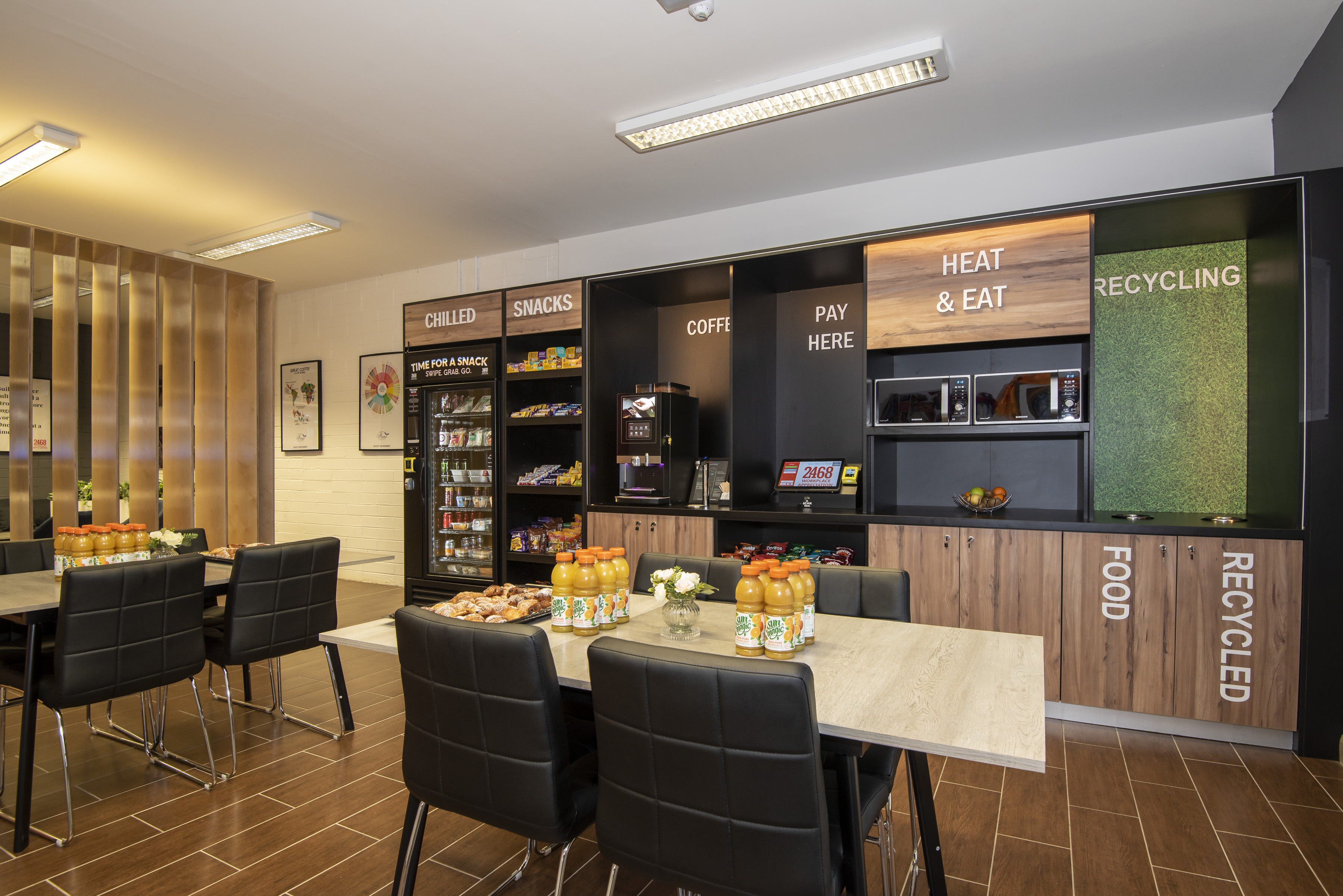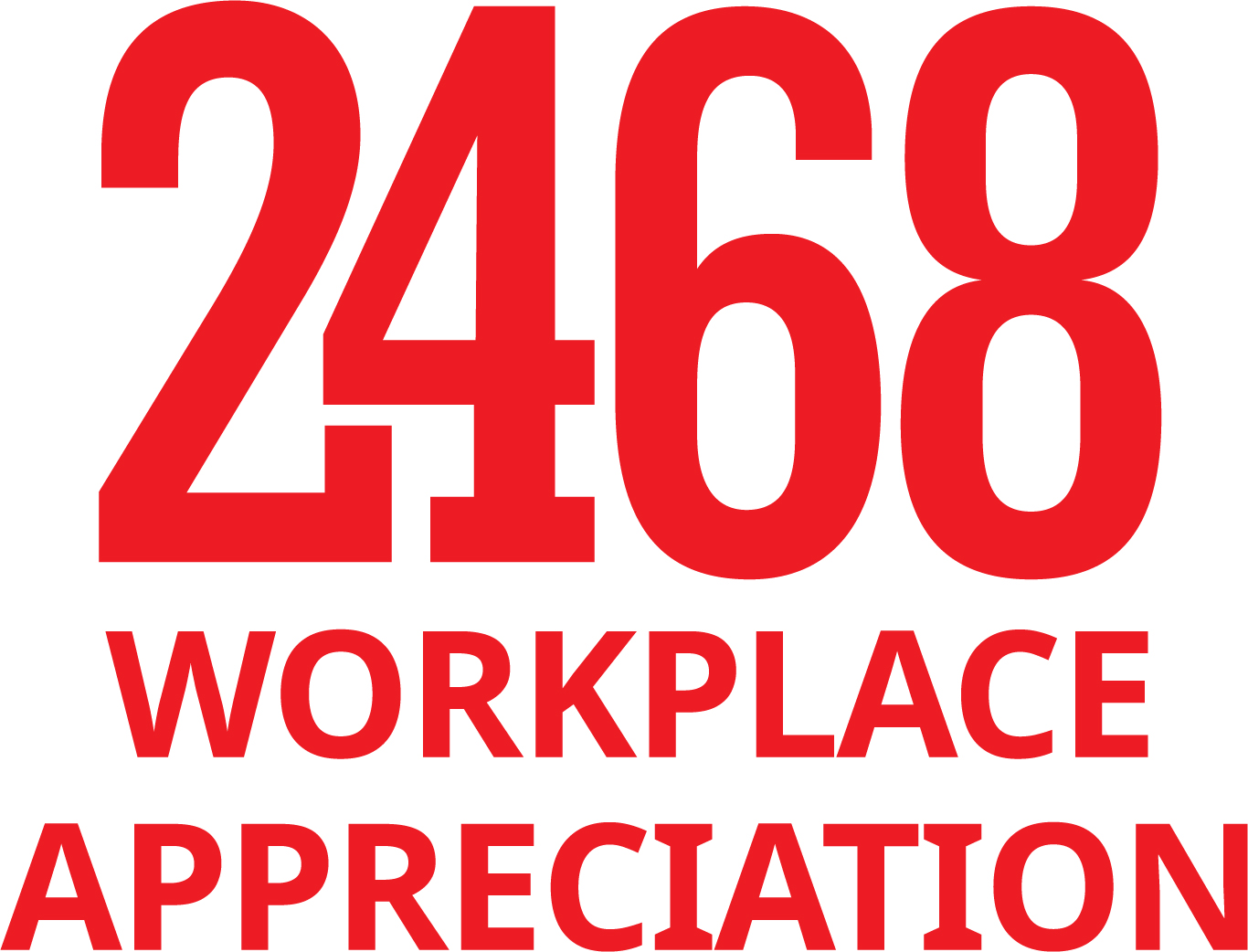

2468 Group

County Meath, Ireland
February 2024
Beverages
Wholesale/Retail
Ireland,
United Kingdom
2468 helps your business show the power of appreciation by providing tailored workplace services – including coffee, water, snacking, micromarkets & refreshment hubs. But more than that, we can help you turn a culture of appreciation into a positive ripple for your company’s productivity. Research shows that many employees are drifting from their organisations. Only 1 in 4 employees agree they feel connected to their culture. And only 1 in 3 agree that they belong at their organisation. Retention & recruitment is proving to be a huge issue for businesses across Ireland and the UK. Our tailored services can help address that – helping to inspire and motivate your employees to be happier and more productive as teams and individuals. By adding a layer of comfort and better break out spaces we can help you make all employees feel like valued members of the team. We offer cost effective and fully bespoke solutions. Tailored to your business size and growth. Build a better culture, and a stronger, more engaged workforce. One break at a time.
Overall B Impact Score
Governance 16.1
Governance evaluates a company's overall mission, engagement around its social/environmental impact, ethics, and transparency. This section also evaluates the ability of a company to protect their mission and formally consider stakeholders in decision making through their corporate structure (e.g. benefit corporation) or corporate governing documents.
What is this? A company with an Impact Business Model is intentionally designed to create a specific positive outcome for one of its stakeholders - such as workers, community, environment, or customers.
Workers 20.0
Workers evaluates a company’s contributions to its employees’ financial security, health & safety, wellness, career development, and engagement & satisfaction. In addition, this section recognizes business models designed to benefit workers, such as companies that are at least 40% owned by non-executive employees and those that have workforce development programs to support individuals with barriers to employment.
Community 17.6
Community evaluates a company’s engagement with and impact on the communities in which it operates, hires from, and sources from. Topics include diversity, equity & inclusion, economic impact, civic engagement, charitable giving, and supply chain management. In addition, this section recognizes business models that are designed to address specific community-oriented problems, such as poverty alleviation through fair trade sourcing or distribution via microenterprises, producer cooperative models, locally focused economic development, and formal charitable giving commitments.
Environment 22.7
Environment evaluates a company’s overall environmental management practices as well as its impact on the air, climate, water, land, and biodiversity. This includes the direct impact of a company’s operations and, when applicable its supply chain and distribution channels. This section also recognizes companies with environmentally innovative production processes and those that sell products or services that have a positive environmental impact. Some examples might include products and services that create renewable energy, reduce consumption or waste, conserve land or wildlife, provide less toxic alternatives to the market, or educate people about environmental problems.
Customers 3.6
Customers evaluates a company’s stewardship of its customers through the quality of its products and services, ethical marketing, data privacy and security, and feedback channels. In addition, this section recognizes products or services that are designed to address a particular social problem for or through its customers, such as health or educational products, arts & media products, serving underserved customers/clients, and services that improve the social impact of other businesses or organizations.